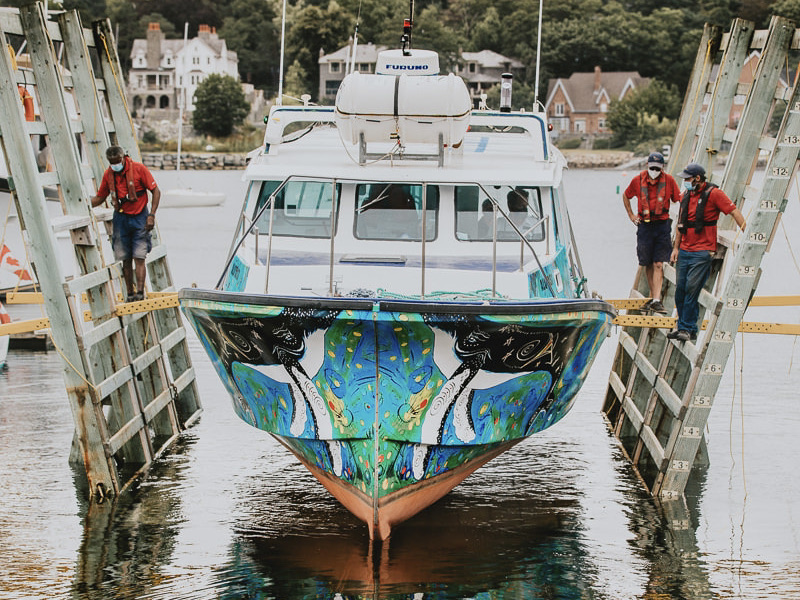A study commissioned by the provincial government and carried out by Dartmouth’s Centre for Ocean Ventures and Entrepreneurship has found that Nova Scotia may enjoy comparative advantage in the world of electric boats.
The study, Nova Scotia's Opportunity for Marine Electrification, analyzed market conditions and input from industry players to asses the province’s positioning in the marine vessel electrification market. The topics it examined included alternative fuels like hydrogen and ammonia, fuel cell technology, battery storage advancements and infrastructure and supply considerations.
The central finding of the study is that “decarbonizing” marine vessels is a rapidly expanding industry, and the province has the chance to become an industry leader — but only if government and the private sector act swiftly.
“Marine vessel decarbonization is a quickly advancing global industry that many Nova Scotia companies are investing in, developing technologies, and leading demonstration projects to contribute to its use as a commercial norm,” said COVE Chief Executive Melanie Nadeau in a press release.
As evidence of growing demand for decarbonization in the maritime sector, COVE cites a surge in new ships being built with diesel-electric hybrid engines. Vessels usually have a lifespan of between 25 and 50 years, and retrofitting hybrid engines to existing ships is a relatively simple and inexpensive process, suggesting it could be an appealing option for vessel owners.
According to the study, eastern Canada is home to about 20,000 fishing and work boats.
“Fishing boats are good candidates for hybrid electric propulsion, as their movement pattern allows for diesel and battery power to be used most efficiently,” the report says.
The report also points to evidence of growing interest in electric propulsion systems from Atlantic Canadian companies. For example, Halifax startup Glas Ocean Electric is developing technology to not just electrify boats, but also use their batteries as “dynamic energy storage” for power grids.
The authors catalogued 20 companies in the region that are either actively involved in electric boatbuilding or are considering entering the space.
A potential stumbling block, though, is charging infrastructure. As with electric cars, the availability of charging services looks set to be a stumbling block for widespread adoption of environmentally friendly propulsion systems.
COVE also warns in the report that one possible step it considered for government to spur electric boat adoption -- mandating the electrification of privately owned ferries, as the governments of Denmark and Bangkok have done -- is likely to be unfeasible in Atlantic Canada because, “It would be difficult to achieve this scale of a project with limited competency established in prior electrification experience.”










